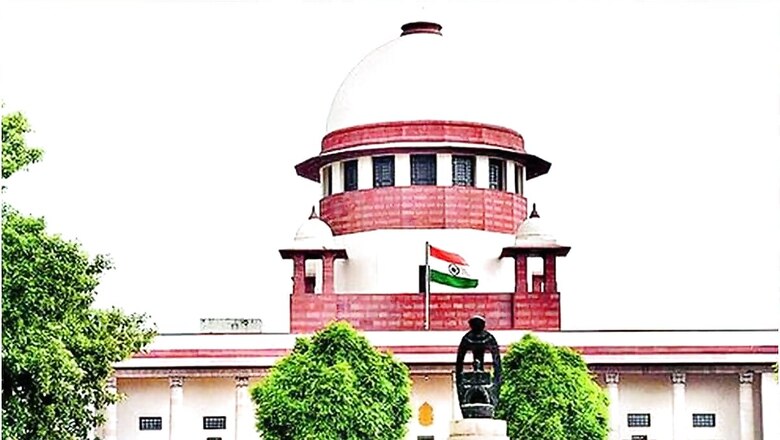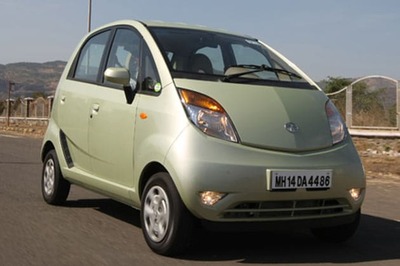
views
The Centre on Monday filed a fresh reply in the Supreme Court, saying abrogation of Article 370 in Jammu & Kashmir has brought “unprecedented development, security and peace” in the region.
Defending its “historic” decision, the Centre said that street violence, engineered and orchestrated by terrorists and secessionist networks has now become thing of past.
The apex court was hearing nearly 23 petitions challenging the Centre’s decision to abrogate Article 370 of the Constitution, which had given special status to Jammu and Kashmir.
The stone pelting incidents that were as high as 1,767 in 2018, stand at zero in 2023, the government said, adding that the “resolute anti-terror actions” have resulted in “dismantling the terror eco-system”.
“In addition, resolute anti-terror actions have resulted in dismantling of the terror eco-system which is reflected in a significant drop in terrorist recruitment from 199 in the year 2018 to 12 in the year 2023 till date,” the Centre said.
Furthermore, the Centre said that since 2019, the entire region including Ladakh, has witnessed an unprecedented era of peace, progress and prosperity and added that schools, colleges, universities, hospitals and other public institutions are functioning efficiently without any strikes or any kind of disturbances.
“The earlier practice of daily strikes, stone pelting and bandhs are things of the past now,” it said.
The Chief Justice of India DY Chandrachud-led five-judge constitution bench of the Supreme Court is hearing the case. Other members of the bench are Justices Sanjay Kishan Kaul, Sanjiv Khanna, BR Gavai, and Surya Kant.
Petitioners claimed that constitutional provisions were violated while making the decision. Notably, the court’s decision to consider these pleas comes almost four years after the Centre scrapped Article 370 of the constitution on August 5, 2019.
Article 370
Article 370 of the Indian Constitution is a provision that allows special status to the state of Jammu and Kashmir. The Centre also decided to bifurcate the state into two Union Territories namely UT of Jammu and Kashmir and UT of Ladakh.
By this provision, the laws which are applicable to other states are not applicable to the State of Jammu and Kashmir. Article 370 granted Jammu and Kashmir the authority to have a separate constitution, a state flag, and internal administrative autonomy while it was governed by India as a state from 1952 until October 31, 2019.
It specifies that except for Defence, Foreign Affairs, Communications, and Ancillary matters, Parliament needs the state government’s concurrence for applying all other laws.




















Comments
0 comment